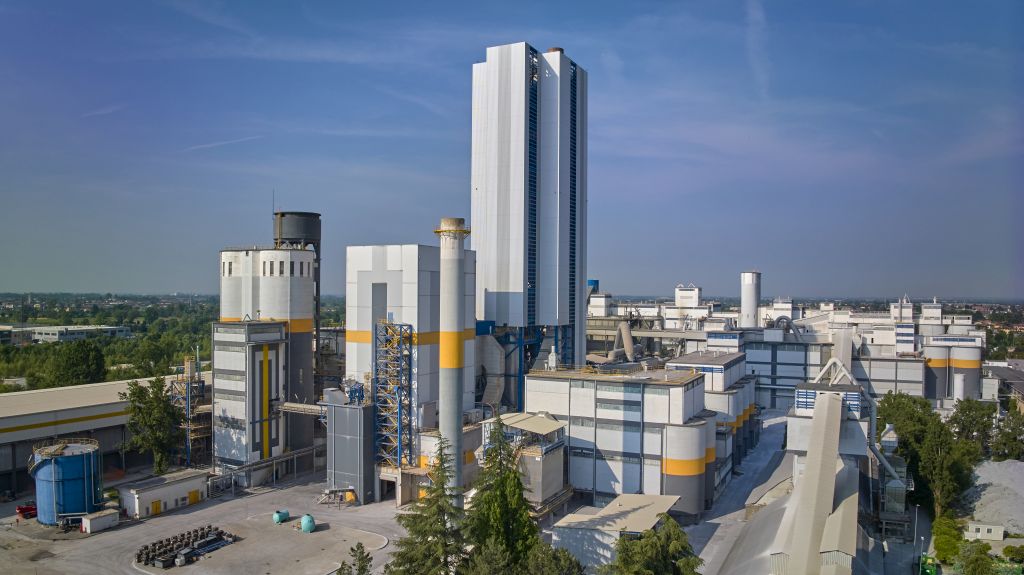PESCHIERA BORROMEO (ITALPRESS) – Heidelberg Materials has started the feasibility study of the decarbonization project of the Rezzato-Mazzano cement plant in the province of Brescia, which could thus become in our country the first plant to produce locally a net-zero cement from the CO2 point of view.The Heidelberg Materials Group-which in 2016 acquired Italcementi, a historic Italian company and leader in cement production-is at the forefront of the study and industrial application of CO2 capture technologies. In fact, the Heidelberg Materials plant in Brevik, Norway, will be the first cement plant in the world to produce net-zero cement during 2025, thanks to the capture of carbon dioxide through amine technology and its storage in the deep sea off the coast of Norway (for more: www.brevikcss.com).In addition to the Brevik plant, the Group has initiated other paths toward decarbonization of plants in Europe and North America, to which Heidelberg Materials is planning to add the Rezzato-Mazzano plant, which would thus become Italy’s first decarbonized cement plant, opening up a new perspective for the nationwide production of sustainable carbon-neutral construction materials. This is a challenging and demanding project, not only on a technological and industrial level but also on a financial level, for which the support of a national strategy with which to establish synergies as well as important support from national and European public funding will be essential. The completion of the decarbonization process involves the use or storage of captured CO2. In the area of storage opportunities, a positive and important new development is the start of phase 1 of the “Ravenna CCS” project, implemented by the joint Eni-Snam JV. This milestone also opens up new possible scenarios for the Rezzato-Mazzano project, which could participate in future processes of conferring CO2 transport and storage capacities in depleted gas fields offshore Ravenna. In this regard, Heidelberg Materials has initiated talks with Eni and Snam for a preliminary technical assessment.CCS is a key lever for achieving ambitious European and national decarbonization targets and becomes crucial within the hard-to-abate (HtA) sector for maximum contribution to climate change mitigation actions by 2050. Indeed, capturing CO2 from the production process and then sequestering it in permanent and safe storage sites, such as those under the seabed, offers great potential for sectors where it is more difficult to abate emissions, such as cement production, where two-thirds of CO2 emissions are related to the chemistry of the production process.Thanks to the expertise gained in its CCU/S (Carbon Capture Utilization/Storage) projects already launched and an ambitious Net zero program, Heidelberg Materials can be a key player in ensuring a valuable boost to the development of this sector in Italy.Heidelberg Materials, a global leader in decarbonization of cement production plants with the most ambitious targets in its industry sector, has identified CCUS as a key lever, becoming a reference point for industrial sectors where it is most difficult to abate emissions (hard-to-abate). The company has developed several CO2 capture projects globally. By 2030, through its CCUS projects, Heidelberg Materials aims to capture 10 million tons of CO2. Recently, Heidelberg Materials unveiled evoZero, the world’s first Net zero carbon captured cement. evoZero achieves a Net zero footprint through the virtuous application of CO2 capture technology. at Heidelberg Materials’ Brevik cement plant in Norway, which will be stored off the coast of Norway.
– Photo: Italcementi –
(ITALPRESS).

